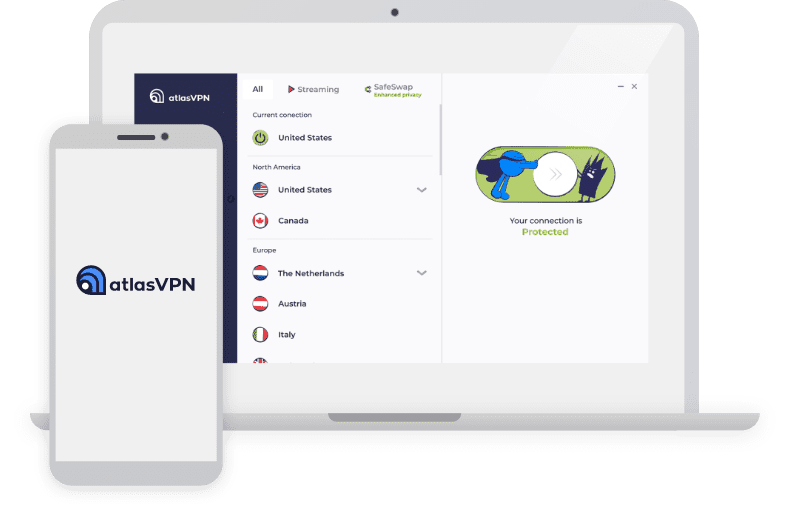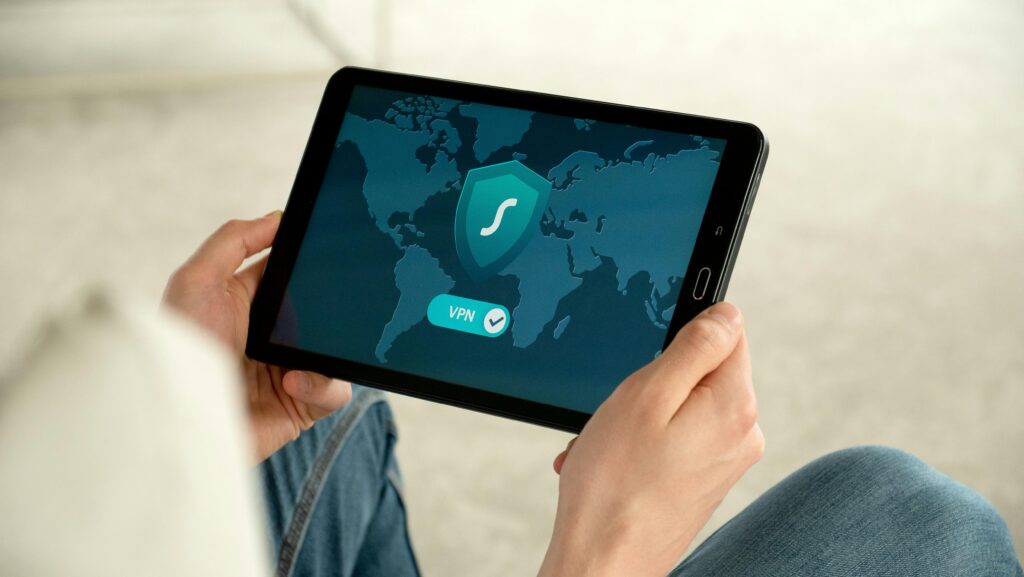Table of Contents
Introduction to Virtual Private Networks (VPNs)
In today’s digital age, where online privacy and security are of utmost importance, virtual private networks (VPNs) have become essential tools for internet users. But what exactly is a VPN and how does it work?
How Does a VPN Work?
A VPN creates a secure and encrypted connection between your device and the internet. By routing your internet traffic through a remote server, VPNs mask your IP address and encrypt your data, making it nearly impossible for hackers, snoopers, and government agencies to monitor your online activities.
Types of VPNs
There are several types of VPNs, including remote access VPNs, site-to-site VPNs, and mobile VPNs. Each type serves a specific purpose, whether it’s providing secure access to remote employees or protecting mobile devices on public Wi-Fi networks.
Benefits of Using a VPN
Using a VPN offers numerous benefits, such as enhanced online privacy, increased security on public Wi-Fi networks, access to geo-restricted content, and protection against cyber threats.
Choosing the Right VPN Provider
When choosing a VPN provider, it’s essential to consider factors such as encryption protocols, server locations, logging policies, and speed. Not all VPNs are created equal, so it’s crucial to do your research before committing to a service.
Consider enhancing your online security and privacy with Atlas VPN – a reliable solution for safeguarding your digital activities.
link: https://atlasvpn.sjv.io/21qaAQ
Setting Up a VPN
Setting up a VPN is relatively straightforward and can be done on various devices, including smartphones, tablets, laptops, and desktop computers. Most VPN providers offer user-friendly apps that streamline the setup process.
Securing Your Online Activities with a VPN
With cyber threats on the rise, securing your online activities with a VPN is more important than ever. Whether you’re browsing the web, accessing sensitive information, or conducting financial transactions, a VPN can provide an extra layer of security.
VPNs for Business Use
Businesses can benefit greatly from using VPNs to secure their confidential data, protect their employees’ online activities, and facilitate secure remote access to company resources. VPNs are essential tools for ensuring the security and privacy of business communications.
VPNs for Remote Work
With the rise of remote work, VPNs have become indispensable for employees who need secure access to company resources from anywhere in the world. A VPN ensures that sensitive data remains protected, even when accessed from unsecured networks.
VPNs for Streaming Services
VPNs can also be used to access geo-restricted streaming services and bypass censorship restrictions. By connecting to a server in a different country, you can unlock a whole new world of entertainment content that may not be available in your region.
VPNs for Online Gaming
Gamers can benefit from using VPNs to reduce latency, protect against DDoS attacks, and access region-locked gaming content. A VPN can enhance your gaming experience by providing a secure and stable connection to gaming servers around the world.
VPNs and Privacy Concerns
While VPNs offer increased privacy and security, it’s essential to be aware of potential privacy concerns. Some VPN providers may log your online activities or share your data with third parties, compromising your privacy. It’s crucial to choose a reputable VPN service with a strong commitment to user privacy.
VPNs vs Proxy Servers
VPN and proxy servers are often confused, but they serve different purposes. While both can hide your IP address and encrypt your data, VPNs offer a higher level of security and privacy protection compared to proxy servers.
The Future of VPN Technology
As cyber threats continue to evolve, VPN technology will also evolve to meet the changing needs of internet users. Future advancements in VPN technology may include improved encryption protocols, faster connection speeds, and enhanced security features.
Conclusion
In conclusion, virtual private networks (VPNs) are powerful tools for enhancing online privacy, security, and accessibility. Whether you’re a business professional, remote worker, gamer, or streaming enthusiast, a VPN can offer numerous benefits to protect your online activities. By choosing a reputable VPN provider, setting up a secure connection, and utilizing the latest VPN technology, you can safeguard your digital presence and enjoy a safe and unrestricted internet experience.
What is a VPN, and how does it work?
A VPN, or Virtual Private Network, is a technology that allows you to create a secure connection over the internet. It enables users to send and receive data as if their devices were directly connected to a private network, even if they are accessing the internet through a public network, such as a Wi-Fi hotspot or a cellular network
How can a VPN benefit me when using public Wi-Fi networks?
using a VPN on public Wi-Fi networks can provide an additional layer of security and privacy, allowing you to browse the internet safely and anonymously, even when connected to unsecured networks.
Are all VPN providers equally reliable and secure?
No, not all VPN providers are equally reliable and secure
Can I use a VPN for accessing streaming services like Netflix?
Yes, you can use a VPN to access streaming services like Netflix. Many people use VPNs to bypass geo-restrictions imposed by streaming services, allowing them to access content that may be unavailable in their region
What are the potential privacy concerns associated with using a VPN?
While VPNs offer enhanced privacy and security for internet users, there are still some potential privacy concerns associated with their use



